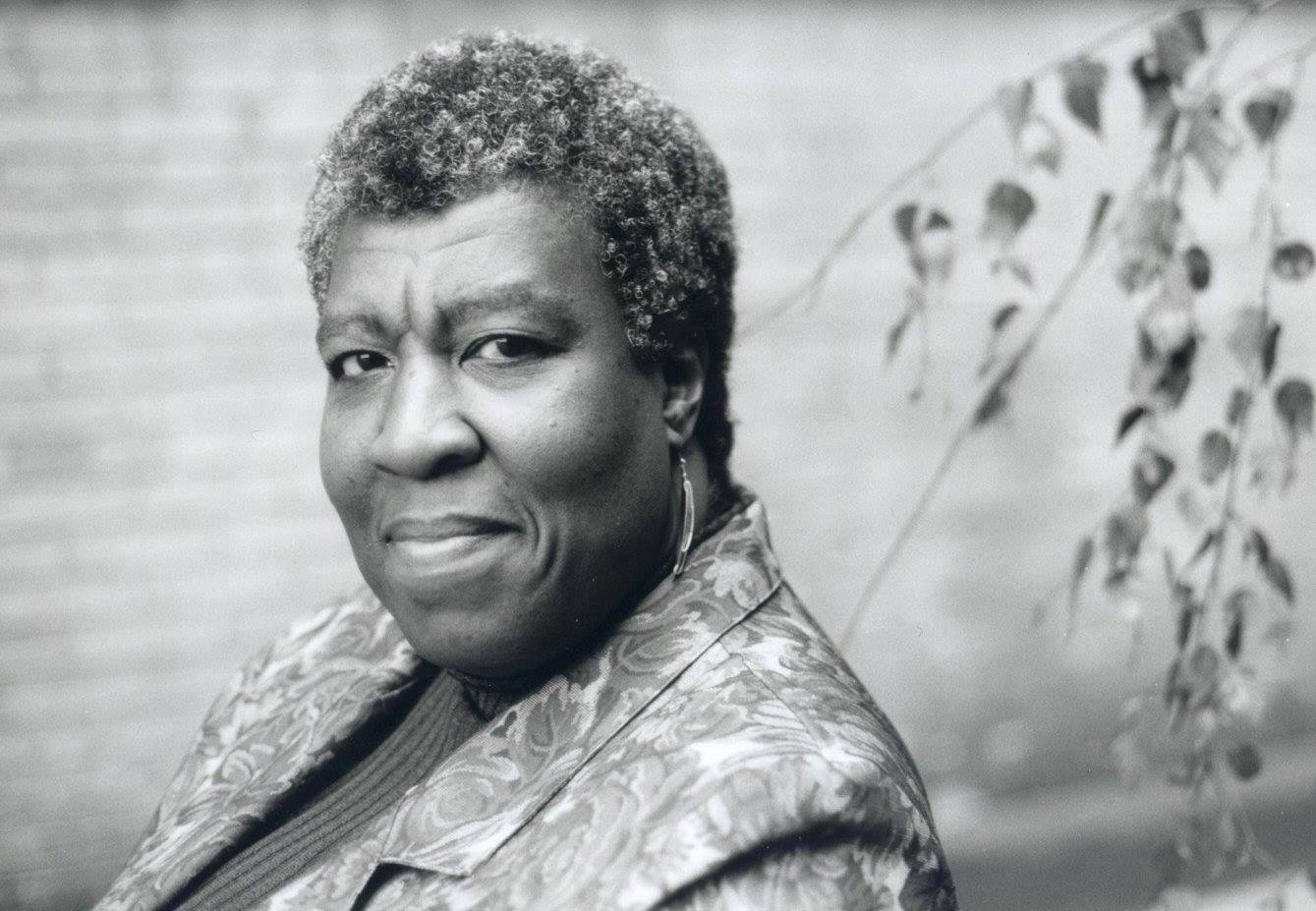
Octavia E. Butler was one of the first African American and female science fiction writers to break into the male-dominated genre. As a feminist and a pioneer, she wrote works that explored race, political disparity, poverty, morality, global warming, women’s rights, and gender. She was first published in the mid-1970s and kept on at a prolific pace until her death at the age of 58. By then she had published several series, including the “Patternist,” “Xenogenesis,” and “Parable” series, as well as two standalone novels, “Kindred” and “Fledgling,” and several short stories, essays, and speeches.
Octavia Estelle Butler was born in Pasadena, California, on June 22, 1947. Her father died when she was still a child and she was raised primarily by her grandmother and mother, who was a domestic worker. Butler was painfully shy and struggled in school due to her dyslexia, which led to her hiding in the school library to avoid those that bullied her. She took solace in stories, reading avidly and writing her own in her notebooks before convincing her mother to splurge on a typewriter.
After graduating from high school, Butler worked during the day and attended Pasadena City College (PCC) at night, where she won a college-wide short-story contest, earning her first income as a writer. Her first published work, “Crossover,” was released in 1971 in the Clarion Workshop anthology after she attended the six-week seminar.
Butler then spent the next five years working on the Patternist series: “Patternmaster,” “Mind of My Mind,” and “Survivor.” These books gave her the income she needed to become a full-time writer, and from that point on Butler was unstoppable, churning out novels that solidified her fame and status in the science-fiction community. She began racking up Hugo and Nebula awards, including for “Speech Sounds” and “Bloodchild,” and, in 1995, she was the first science fiction writer ever awarded a MacArthur Fellowship, more commonly known as the “Genius Grant.”
Butler died in 2006, but her social commentary has never been more relevant than it is today. She warned about the consequences of toxic nationalism, climate refugeeism, and acute economic disparity. Her 1993 showpiece “Parable of the Sower” reads like modern-day journalism. The t-shirts and tote bags honoring her sum up her prescience succinctly: “Octavia Butler tried to tell us” and “Octavia Butler knew.”
